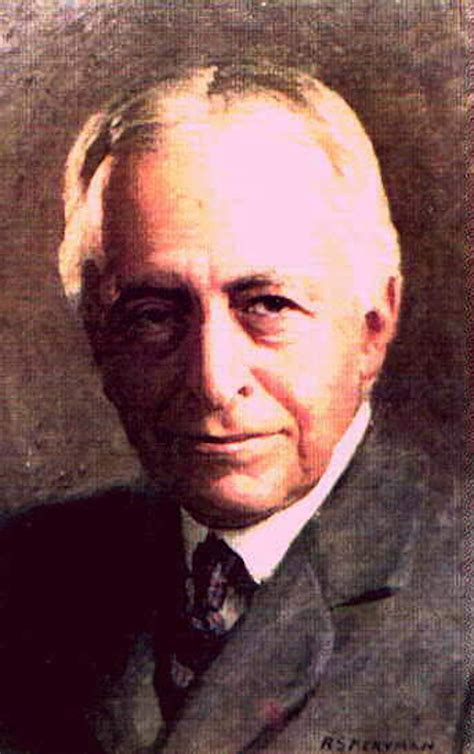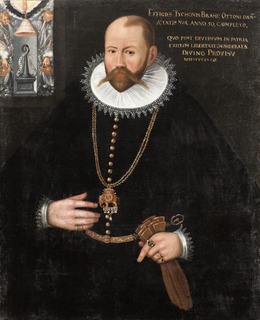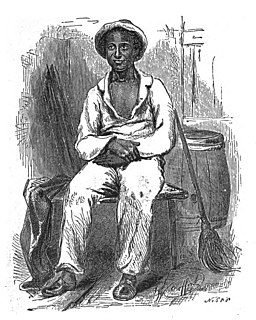A Quote by Michel de Montaigne
A man should ever, as much as in him lieth, be ready booted to take his journey, and above all things look he have then nothing to do but with himself.
Related Quotes
How much reverence has a noble man for his enemies!--and such reverence is a bridge to love.--For he desires his enemy for himself, as his mark of distinction; he can endure no other enemy than one in whom there is nothing to despise and very much to honor! In contrast to this, picture "the enemy" as the man of ressentiment conceives him--and here precisely is his deed, his creation: he has conceived "the evil enemy," "the Evil One," and this in fact is his basic concept, from which he then evolves, as an afterthought and pendant, a "good one"--himself!
No man could bring himself to reveal his true character, and, above all, his true limitations as a citizen and a Christian, his true meannesses, his true imbecilities, to his friends, or even to his wife. Honest autobiography is therefore a contradiction in terms: the moment a man considers himself, even in petto, he tries to gild and fresco himself. Thus a man's wife, however realistic her view of him, always flatters him in the end, for the worst she sees in him is appreciably better, by the time she sees it, than what is actually there.
At such times, the heart of man turns instictively towards his Maker. In prosperity, and whenever there is nothing to injure or make him afraid, he remembers Him not, and is ready to defy Him; but place him in the midst of dangers, cut him off from human aid, let the grave open before him, then it is, in the time of his tribulation, that the scoffer and unbelieving man turns to God for help, feeling there is no other hope, or refuge, or safety, save in his protecting arm.
The patient man is merry indeed.... The jailers that watch him are but his pages of honour, and his very dungeon but the lower side of the vault of heaven. He kisseth the wheel that must kill him; and thinks the stairs of the scaffold of his martyrdom but so many degrees of his ascent to glory. The tormentors are weary of him. the beholders have pitty on him, all men wonder at him; and while he seems below all men, below himself, he is above nature. He hath so overcome hlmself that nothing can conquer him.
The things a man has to have are hope and confidence in himself against odds, and sometimes he needs somebody, his pal or his mother or his wife or God, to give him that confidence. He's got to have some inner standards worth fighting for or there won't be any way to bring him into conflict. And he must be ready to choose death before dishonor without making too much song and dance about it. That's all there is to it.
The man at the top of the intellectual pyramid contributes the most to all those below him, but gets nothing except his material payment, receiving no intellectual bonus from others to add to the value of his time. The man at the bottom who, left to himself, would starve in his hopeless ineptitude, contributes nothing to those above him, but receives the bonus of all of their brains. Such is the nature of the 'competition' between the strong and the weak of the intellect. Such is the pattern of 'exploitation' for which you have damned the strong.
The Master gives himself up to whatever the moment brings. He knows that he is going to die, and her has nothing left to hold on to: no illusions in his mind, no resistances in his body. He doesn't think about his actions; they flow from the core of his being. He holds nothing back from life; therefore he is ready for death, as a man is ready for sleep after a good day's work.






































